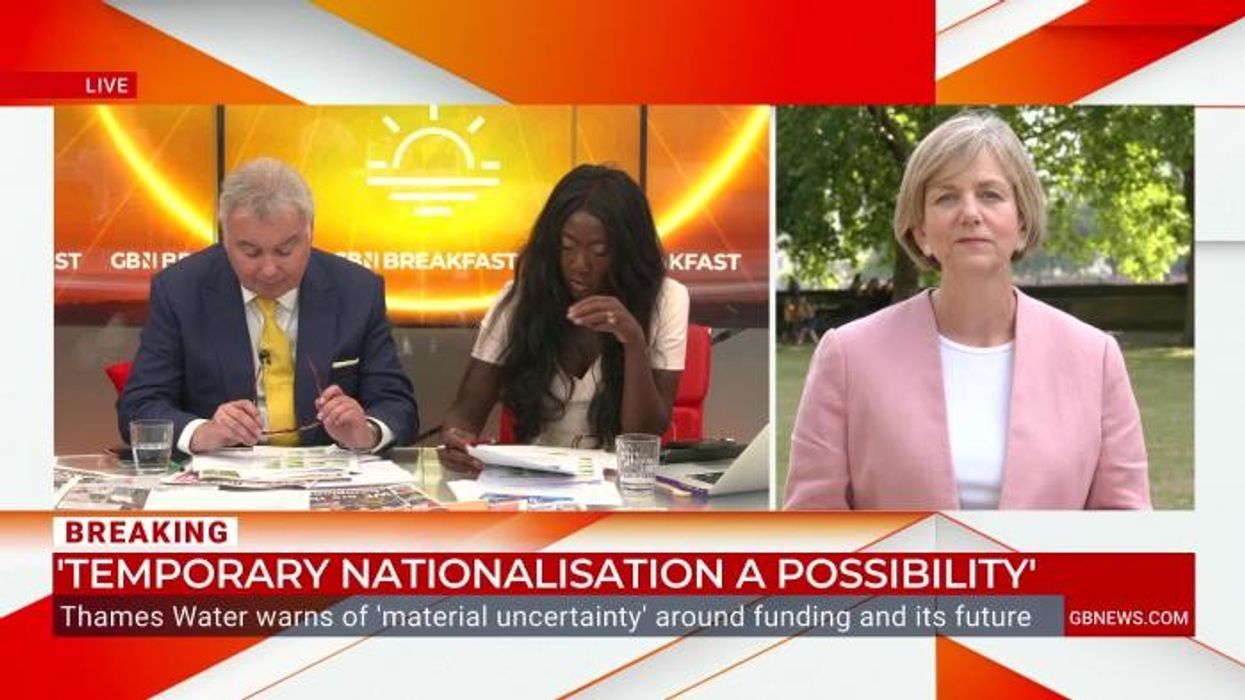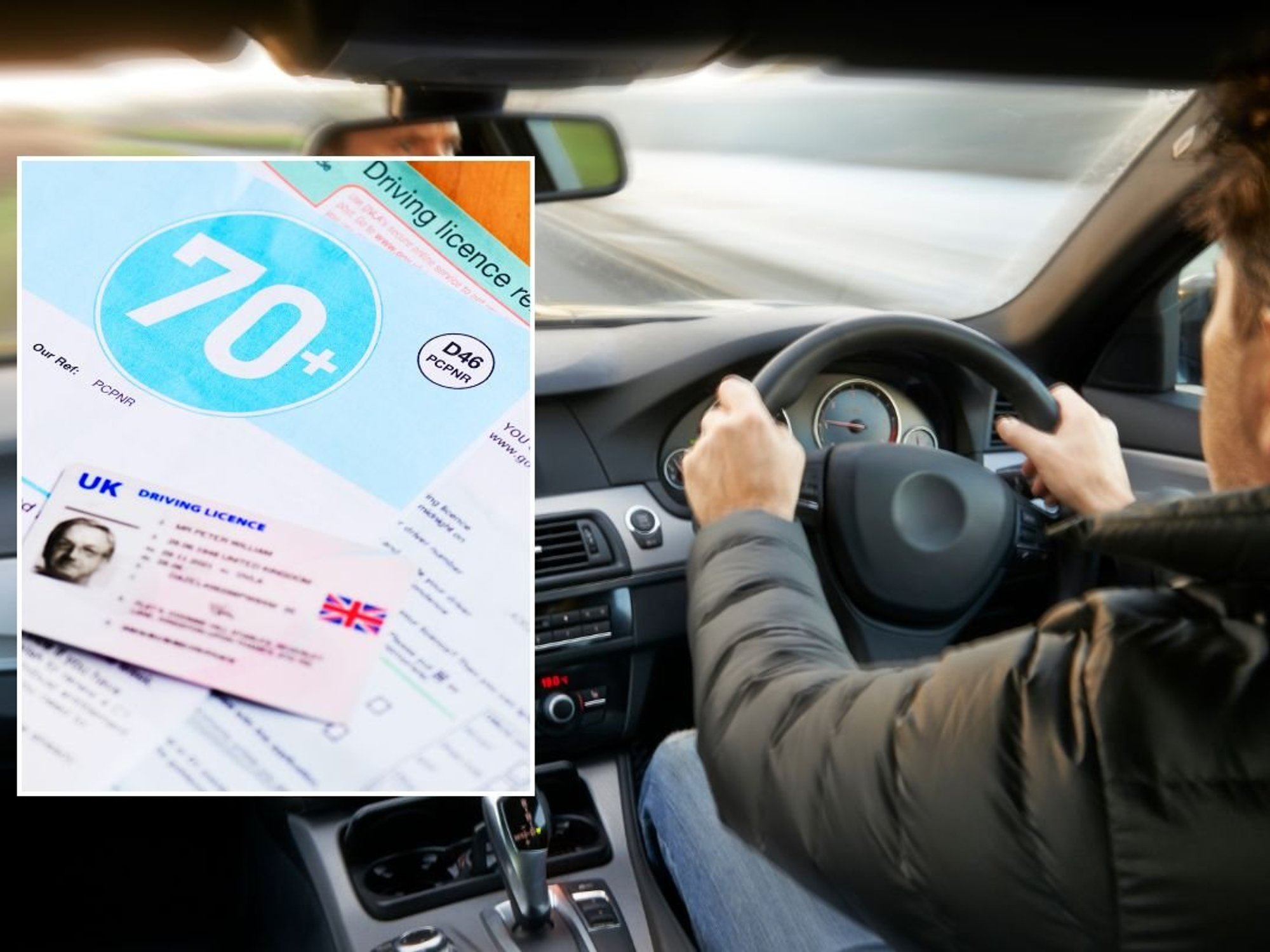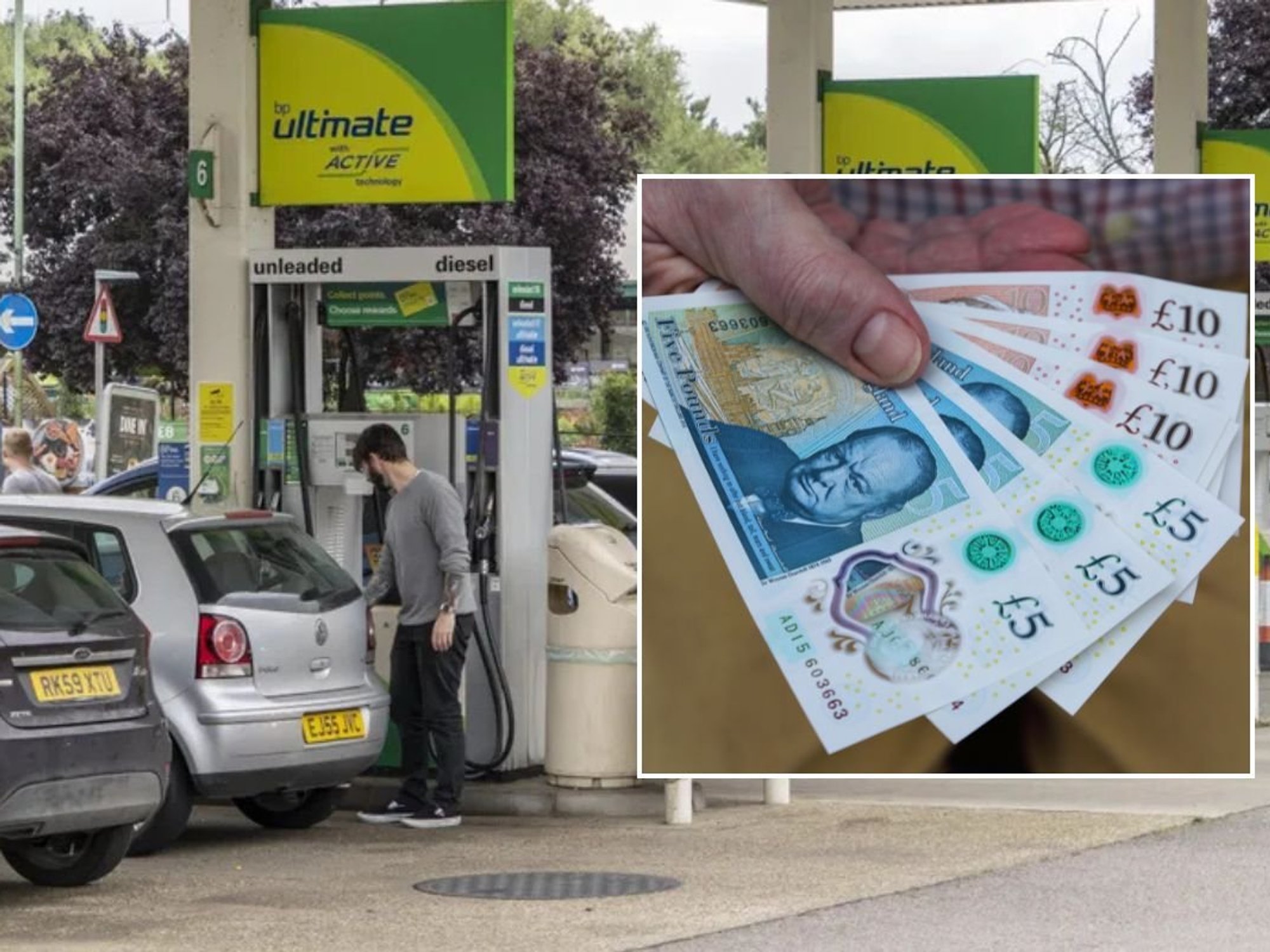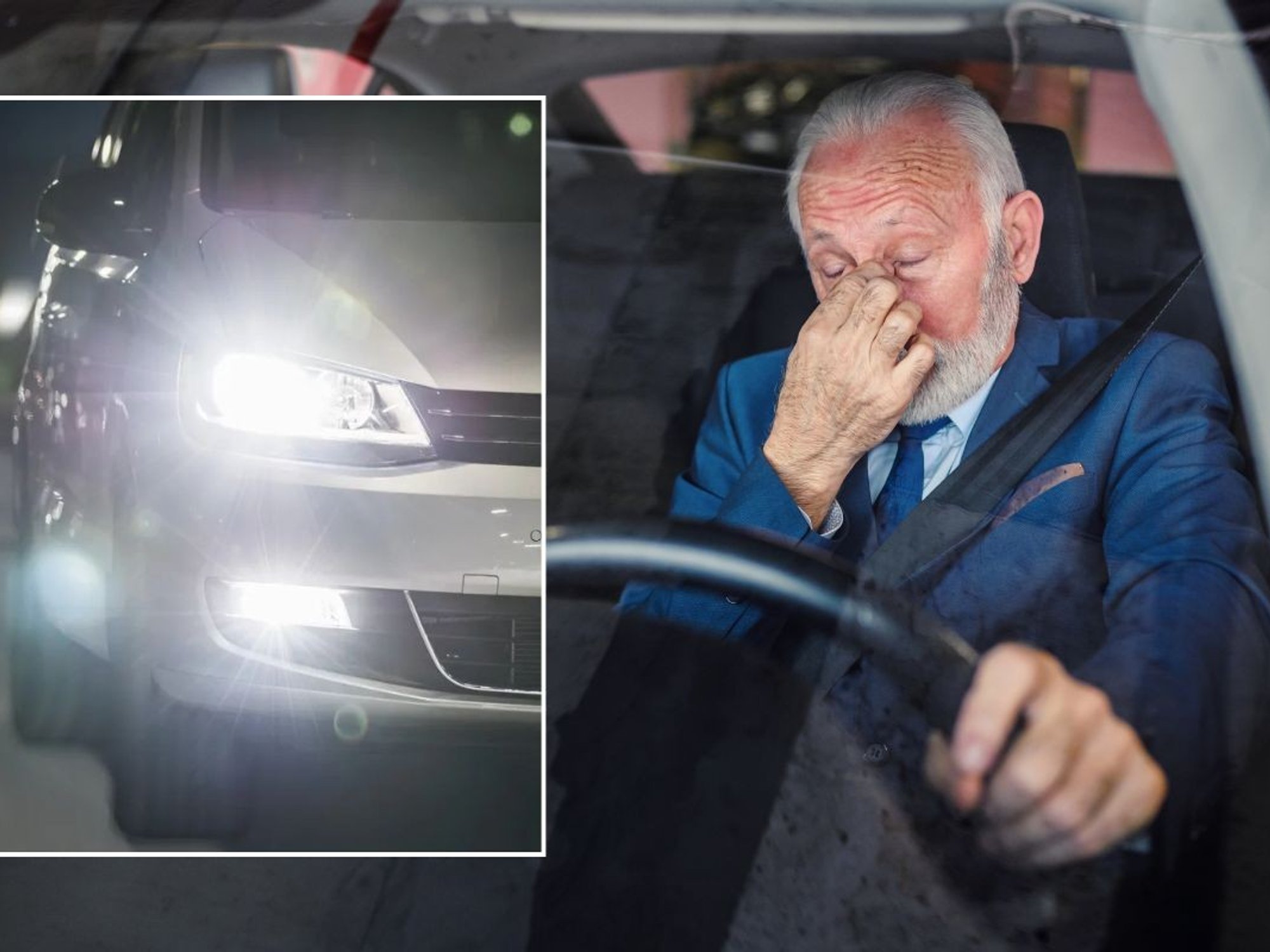Drivers urged to save £25,000 on popular electric vehicles with new Labour boost - 'Critical step'

The new commitment from Labour guarantees funding for new electric vehicles over the coming years
Don't Miss
Most Read
Labour has announced that financial support for electric commercial vehicles will continue until at least 2027, providing crucial certainty for businesses planning their transition to cleaner transport.
Future of Roads Minister Lilian Greenwood has confirmed that the Plug-in Van and Truck Grant scheme would be extended, maintaining substantial discounts for companies and individual drivers purchasing electric vehicles.
The programme offers reductions of up to £25,000 for large trucks, with smaller discounts available for various van and truck categories.
**ARE YOU READING THIS ON OUR APP? DOWNLOAD NOW FOR THE BEST GB NEWS EXPERIENCE**
The extension forms part of the Government's £650million Electric Car Grant initiative to reduce EV costs and support the Plan for Change.
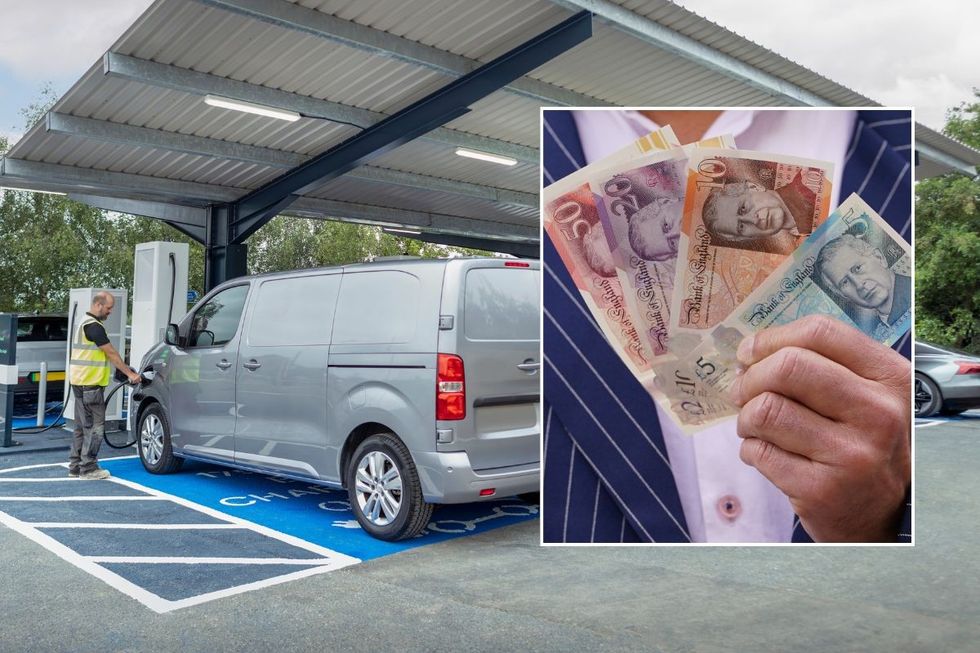
The new Government funding will help more drivers and businesses switch to electric vans and trucks
|GETTY
Fleet operators and logistics companies now have the confidence to plan their electric vehicle investments over the coming years, Greenwood noted.
The scheme also benefits independent tradespeople and smaller businesses seeking to reduce operational costs whilst contributing to environmental targets.
The scheme provides varying levels of support depending on vehicle size, with small vans eligible for £2,500 discounts and large vans receiving up to £5,000.
Small trucks can access grants of £16,000, whilst the maximum £25,000 discount applies to large trucks.
READ MORE: Electric car grant hailed as a 'significant step forward' as drivers could save £3,750 on new EVs
Industry calculations suggest that companies making the switch to electric vehicles could reduce their annual fuel expenses by more than £2,800.
Commenting on the new extension, Greenwood said: "Extending these grants is another decisive step to power Britain's transition to cleaner transport while backing the industries that keep our economy moving, driving new investment in EVs and helping businesses cut costs and expand.
"Every EV on our roads means healthier communities and new economic opportunities across the country, which is why grants like these are crucial to both accelerating that transition and building a resilient, competitive economy."
Labour has yet to confirm specific grant amounts for the 2026/27 financial year, though the commitment to maintain the programme provides planning certainty.
LATEST DEVELOPMENTS:
- Electric car 'wake-up call' could see drivers slapped with massive £2,200 repair bill
- Labour branded 'disgraceful' over failure to launch driving licence changes despite targeting older motorists
- Britons forced off roads as popular car brand extends 'stop-drive' recall over exploding airbags - Are you at risk?
Individual drivers can also access the grants, making electric van ownership more affordable for self-employed workers and small business owners.
The initiative supports both large fleet operators and independent businesses in managing the transition to cleaner transport options.
The logistics industry, which contributes over £79billion to the UK economy and provides employment for 1.2 million people, stands to gain significantly from the extended support.
Commercial transport accounts for more than a third of carbon dioxide emissions from UK roads, making the shift to electric vehicles essential for achieving clean energy objectives.
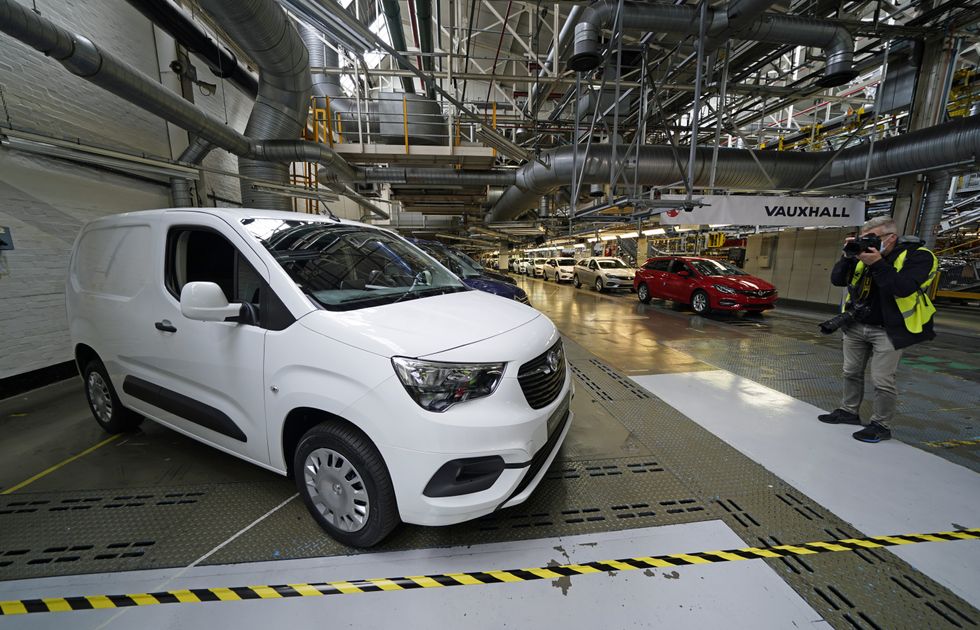
There are a number of popular electric vans on the market
| PAJambu Palaniappan, CEO of Checkatrade, described the funding as a "big boost" for tradespeople who could "build a future that's both cost-effective and sustainable".
He added: "Lower running costs, freedom from charges like Ulez, and the ability to plan ahead with confidence - it all adds up to real, practical support."
The programme complements July's announcement of £30million funding to install more than 3,000 charging points at depots nationwide.
John Boumphrey, UK Country Manager at Amazon, added: "Decarbonising the transportation network is a critical step to enable us to achieve our goal to reach net zero carbon emissions across our operations by 2040."


